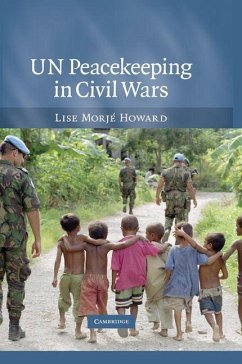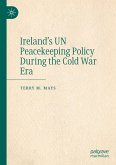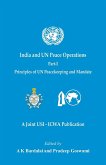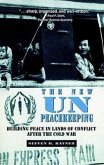Civil wars pose some of the most difficult problems in the world today and the United Nations is the organization generally called upon to bring and sustain peace. Lise Morjé Howard studies the sources of success and failure in UN peacekeeping. Her in-depth analysis of some of the most complex UN peacekeeping missions debunks the conventional wisdom that they habitually fail, showing that the UN record actually includes a number of important, though understudied, success stories. Using systematic comparative analysis, Howard argues that UN peacekeeping succeeds when field missions establish significant autonomy from UN headquarters, allowing civilian and military staff to adjust to the post-civil war environment. In contrast, failure frequently results from operational directives originating in UN headquarters, often devised in relation to higher-level political disputes with little relevance to the civil war in question. Howard recommends future reforms be oriented toward devolving decision-making power to the field missions.
Hinweis: Dieser Artikel kann nur an eine deutsche Lieferadresse ausgeliefert werden.
Hinweis: Dieser Artikel kann nur an eine deutsche Lieferadresse ausgeliefert werden.
'A superb systematic examination of how different types of organizational learning contributed to several peacekeeping successes in the early 1990s and how organizational dysfunction and the absence of sustained learning can hamper UN peacekeeping operations. This is not just another book on the difficulties of post-Cold War UN peacekeeping in complex conflicts and is a must-read for practitioners and scholars alike.' Margaret P. Karns, University of Dayton









